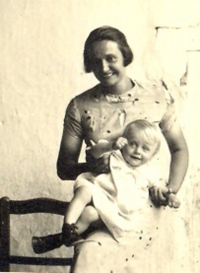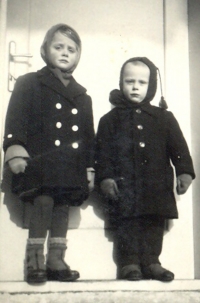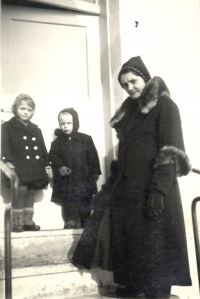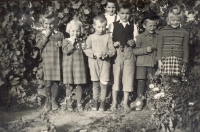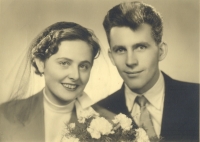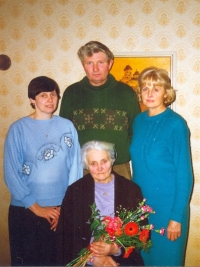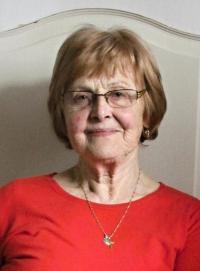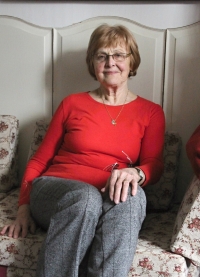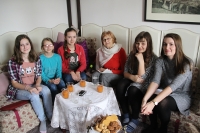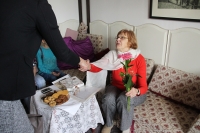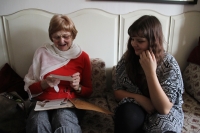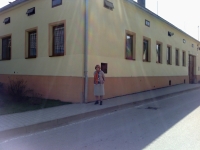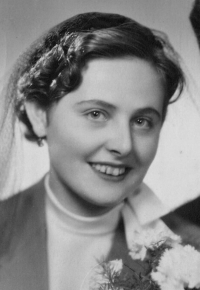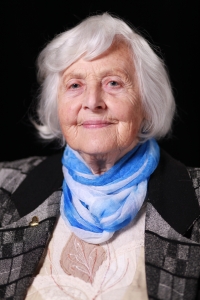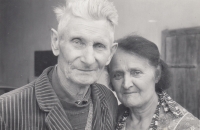Work honestly and with joy so that you will be able to say: I enjoyed doing whatever I did

Stáhnout obrázek
Marie Zajícová, née Hotařová, was born on 4 August 1937 in Menhartice near Jemnice into a family of private farmers. In 1945 she experienced the retreat of the German army in her native village, the liberation by Soviet soldiers and the expulsion of citizens of Austrian nationality. In the 1950s she witnessed the collectivization of agriculture in Menhartice, during which her mother‘s brother František Niederhafner was imprisoned. She graduated from the grammar school in Moravské Budějovice, but she was not allowed to continue her studies and had to work in a cooperative farm. Her mother, a teacher, was dismissed from school because of her declared belief in God. In 1957 Marie married Miloslav Zajic and together they raised two children. She worked as a draughtswoman at Agroprojekt, a forest worker and a warehouse worker. In 2020 she was living in Antonínov Důl in Vysočina region.
